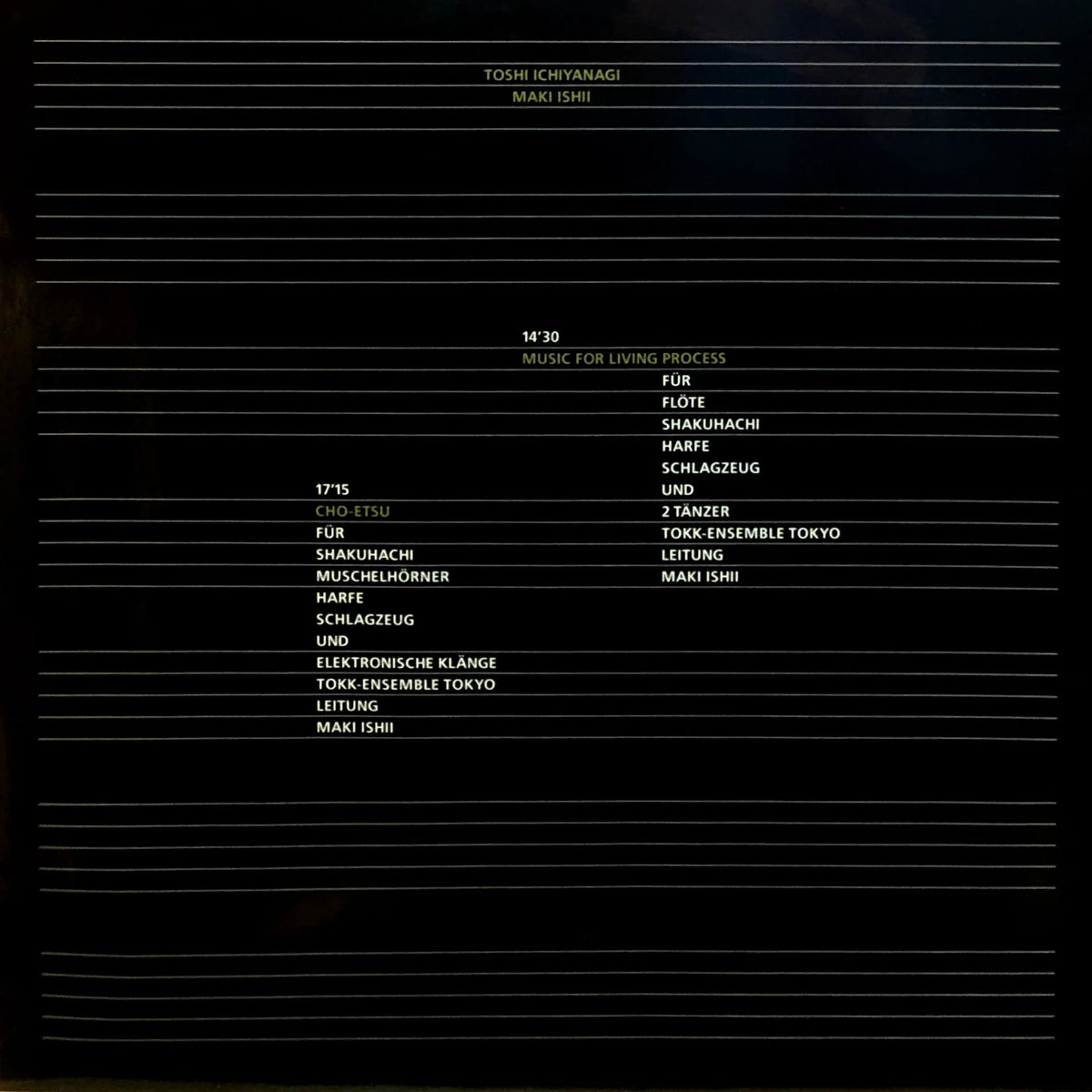I think there is a difference between listening to (free) improv live while it's happening and listening to a recording of the performance after the fact.
This is true of a lot of most musical styles that can be practiced by humans. I have a bit of a problem with the effect recording has had on musical and therefore social life.
There are of course those who would say that a recording of free improv is missing the point completely, but I don't agree with that. In a live situation both the performer and the audience are (hopefully) maximally engaged in the performance. But a recording of an improvised piece can in some ways be regarded as having an almost 'throw away' character.
Bailey was onto something when he described the self-erasing recording technology he wants. The recording erases itself as you listen to it! Each copy can be heard only once.
The best I can think of as a substitute for my own needs with available technology is to build an audience on youtube, make livestreams and erase the recording 24 hours later.
I listen to a lot of Derek Bailey as 'background' music. I find it very relaxing.
Gosh. Well then.
There's very little recorded music I can listen to as background music. Things like The Orb can work but I mostly cannot be doing something else and listening to music. I think dancing is the best bet. Line dancing perhaps.
Nor do I. At least that was not really my point. My (wholly subjective) impression is that Glass's (and other modernist American composers) music is presented as an experiment that may or may not work, i.e. almost with the humility of a scientist as opposed to being presented as High Art to be marvelled at by us lesser mortals.This is in contrast to American art institutions which (again in my wholly subjective impression) seem to fetishize the High Art aspect and take themselves far more seriously than their European counterparts.
I've gotten in trouble already for talking about European institutional art music so I'm going to try to explain myself. I'm not taking sides on anything or trying to attack anything. I am only trying to explain what I see as important historical context of things we've been discussing in this thread.
Historically, the European institutions of high art (music, dance, singing, drama, opera, public art, architecture, museums, ...) served political purposes as well as nourishing the artistic and spiritual needs of citizens. The old aristocracies and monarchies etc. had a political need for superior art. Their art reflected well on them, the state, its citizens, yielding pride in their state and its ruler. Conversely the king/price/duke/etc that lets its state's art decay would lose favor. So across these states there was a great big, multi-century infrastructure investment that produced their institutions of high art. Here at ASR we can narrow down on the concert halls and opera houses, the people who work there, the schools that trained them, the traditions and knowledge (including texts) they preserve and nurture, and the audiences and their traditions/habits.
Then, post WW2, the representative democracies of Europe wound up holding the responsibility for this infrastructure, including the people who's lives depend on keeping it all going. I know this is a simplistic cartoon of what really happened, sorry, but I'll keep going. Sorry about that too.
Modern social/liberal democracies don't have the same political needs as the old kings and princes and dukes. Modern nations, states and cities don't really need to compete with each other in the arts like they did. They may choose to do so but the structural imperatives of the defunct political systems that caused the building of that infrastructure are gone. So the modern agenda for these institutions has involved a very interesting and complicated problem: What are we going to use this stuff for going forwards?
I'm not going to try to answer that but I think we can identify some of the attempts to answer it. One was to keep playing golden oldies (still a popular choice). Another was to write new music, some of which was a radical over-reaction to the extreme conservatism that constrained the arts in a lot of Europe up to the end of WW2, and some composers and musicians rushed to the most radical modernism they could find. Another popular choice was of course for individuals to make careers in them. And some of those careers ended up with a lot of power. And in some cases these things overlapped. (Plenty of other things happened of course.)
One of the things that didn't always happen was to strip away the exclusivity, the association with certain social classes, and
the seriousness. (Finally I get to the point.)
In fact, I think the difficult-listening aspect of much of the new music often increased the exclusivity and seriousness. There's something esoteric about it. This was actually part of the attraction to me as a teen. What was going on in the new music ghetto was so weird and quasi-hidden, in the paradoxical way of all truly esoteric knowledge, that I wanted in.
What the Americans did is quite another story. That's for another day, if ever.
But I'll stop now with one last thought. The property of artistic
greatness that was so important in the defunct political systems, I'm not sure it's always helpful now.





